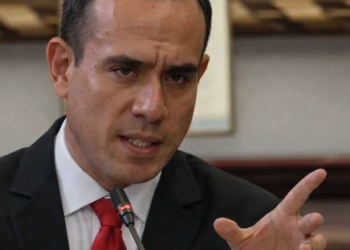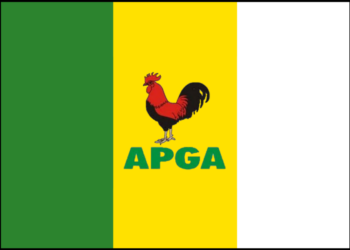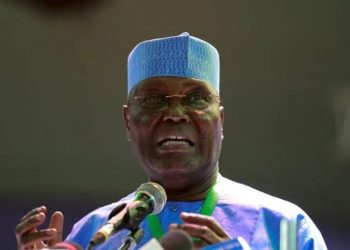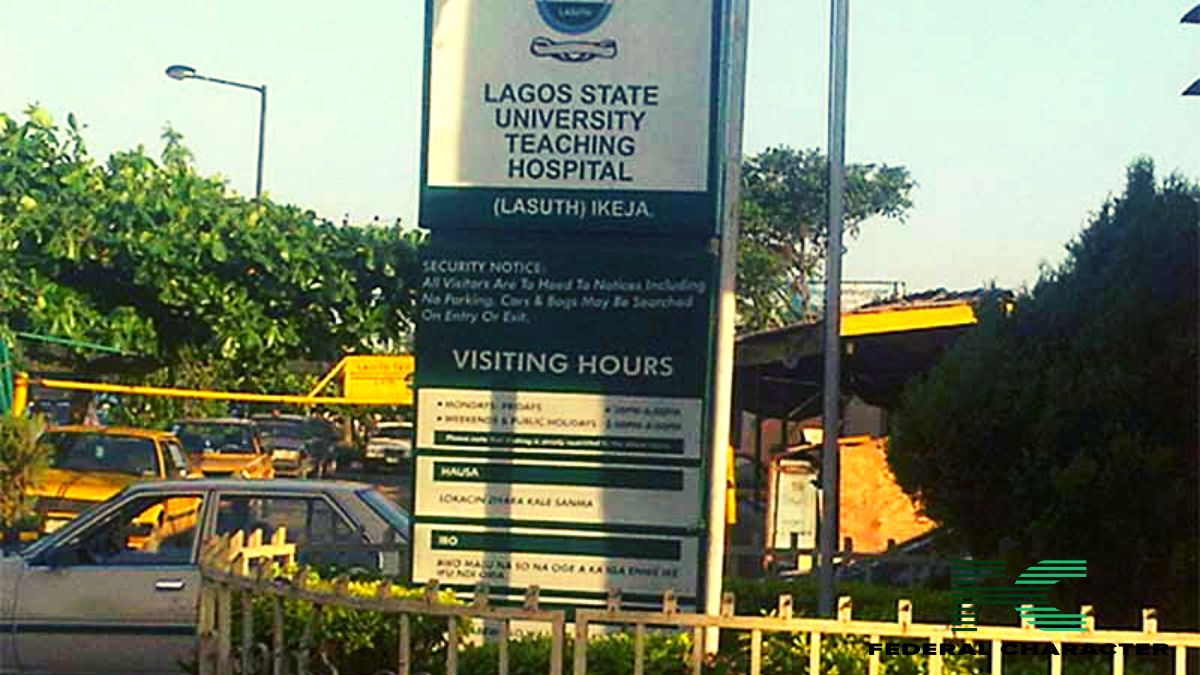A new dynamic of social unrest and dissatisfaction with established political systems is sweeping the globe, leading to widespread protests and unexpected election outcomes as a potent expression of public discontent with failing governmental systems. In France, South Africa, Iran, Kenya and Bangladesh, citizens are voicing their demands for fundamental changes in governance, accountability, and social justice. These movements, spanning various political demographics, resonate with a universal call for a global revolution in political structures.
Kenya: Protest Against Government Policies
Kenya’s protest, one of the largest that has ever rocked the country has been centered around issues of governance transparency, economic inequality, and human rights abuses. Citizens have taken to the streets to challenge what they perceive as a lack of accountability and ineffective leadership, coupled with corruption scandals implicating high-ranking officials, which have eroded public trust.
The outcry in Kenya underscores a broader sentiment shared across many nations: the urgent need for accountable governance and systemic reforms. Protesters advocate for stronger anti-corruption measures, greater transparency in government operations, and enhanced protections for civil liberties, reflecting a broader call for accountable governance and systemic reforms.

Bangladesh: Protest Against Job Quotas
Bangladesh protests erupted over government policies regarding job quotas, particularly in the public sector. Young activists and students, mobilized by social media, have decried the unfair allocation of job opportunities. These demonstrations emphasize the need for meritocracy and equal access to employment based on qualifications.
The protests in Bangladesh underscore a critical aspect of the global revolution: the quest for equitable systems that promote fairness and meritocracy. Advocates argue for revisiting outdated laws and policies that perpetuate inequality and hinder social mobility. They call for reforms that ensure equal opportunities for all citizens, irrespective of background or affiliations, thereby fostering a more inclusive and just society.
Unexpected Political Shifts
In addition to widespread protests, several countries have experienced unexpected political shifts, particularly those that held elections in 2024. Public unrest and demands for change have led to surprising outcomes in governance. Notable shifts have occurred in Europe South Africa and Iran
EU Parliamentary Elections: Significant Shifts Across Europe
The EU parliamentary elections resulted in significant gains and losses for various notable parties across Europe. While some prominent figures celebrated victories, others faced overwhelming defeats. Among the significant setbacks was the defeat of parties led by French President Emmanuel Macron and German Chancellor Olaf Scholz. Macron’s party faced a notable decline, with the far-right rising in prominence. However, the far-right was later defeated by the New Popular Front (NFP) in subsequent snap elections within France.
These outcomes reflected widespread public dissatisfaction with governmental policies, Macron’s government made a lot of policies that were precieved to be unreasonable causing hardship for a large population of France, effectively hampering people’s support for his government.
South Africa Elections: A Shocking Turn of Events
Earlier this year, South Africa’s elections delivered a shocking blow to the nation’s political landscape. The African National Congress (ANC), South Africa’s most prominent party, was defeated after over three decades of rule. This result was widely regarded as a public backlash against the government’s performance.
The elections reflected widespread dissatisfaction among South Africans, who have been grappling with increased corruption, high unemployment rates, and an unfavorable economic system. The discontent led to a significant political shift, with voters turning their backs on the ruling party.
The ANC’s defeat marked the beginning of months of struggle for the government to maintain its grip on power. This shift also served as a wake-up call for the government.
The defeat of the ANC underscored the electorate’s frustration with corruption and economic challenges, prompting calls for significant governmental reforms.
Iran’s Presidential Election: A Reflection of Public Discontent
Following the death of President Raisi earlier this year, Iran held elections to choose a new president. Despite the president’s limited power, this position remains crucial within the Iranian political system.
Iranians expressed their grievances against the government and its theocratic rule through an election boycott, resulting in a voter turnout of less than 40 percent. Although the boycott did not nullify the election, it represented a significant outcry against the government.
The widespread boycott highlighted the citizens’ dissatisfaction with the oppressive regime and served as a call for revolution. Despite the government’s suppression, Iranians successfully voiced their discontent through this act of electoral defiance. This symbolic protest reflects a strong demand for change and a challenge to the current political system.
Conclusion
The global response to governance, whether through protest or voting, highlights an imperative for transformative change in political and legal systems. Citizens worldwide are demanding governments that prioritize the public good, uphold human rights, and promote sustainable development.
They seek accountable, transparent, and responsive institutions that meet the needs and aspirations of all segments of society. This call for global revolution transcends borders and ideologies, uniting people in their quest for a more equitable and inclusive world.

















